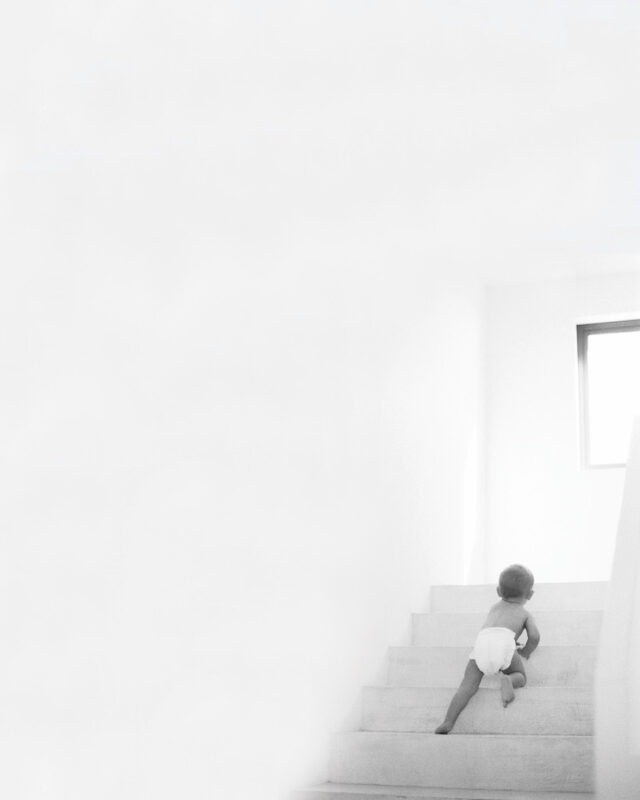
By Erica Schwartzberg, LMSW
It isn’t always the result of a big event. It can come from subtle, repeated experiences: a parent or caregiver who was emotionally unavailable or dismissed your feelings, or growing up in an environment where love felt conditional. These early patterns shape how we connect with others as adults—how much we trust, how we respond to conflict, how we handle vulnerability.
Many people carry what’s known as attachment trauma: deep, often invisible wounds that formed early in life when our need for connection, safety or emotional attunement wasn’t consistently met. If you’ve ever wondered why relationships feel so hard—or why you pull away the moment things get close—you’re not alone.
Signs you might have attachment trauma:
You fear abandonment, even in secure relationships.
You shut down or withdraw when things get emotionally intense.
You often feel “too much” or “not enough.”
You crave closeness, but feel suffocated when you get it.
You struggle to trust that someone will really stay.
Attachment trauma doesn’t just live in your thoughts; it lives in your body. When early relationships were unpredictable or unsafe, your nervous system adapted to stay protected. Maybe you became hyperalert to rejection. Maybe you learned to numb out or disconnect to avoid overwhelm.
These patterns show up in adult relationships—and in the therapy room—because your body is still trying to make sense of what’s safe. This is where coregulation comes in, and healing can occur with the connection that develops with a relational therapist.
Coregulation is what happens when one nervous system helps another feel safe. It’s what a good-enough caregiver does for a baby: soothing them through tone of voice, presence, attunement. In relational therapy, your therapist offers that same nervous system support—not by “fixing” you, but by staying grounded and attuned as you explore what feels hard.
You don’t have to regulate alone anymore. In some ways, therapy can be seen as reparenting oneself.
Relational therapy offers something many of us never had: a consistent, attuned relationship where you can practice being your full self and staying connected through the hard stuff. Over time, you may find that what once felt threatening—intimacy, honesty, repair—starts to feel possible.
This doesn’t happen overnight. But with time and care, therapy can become a kind of corrective emotional experience—one that gently rewires your expectations about what love and connection can feel like, both emotionally and physiologically. Unconditionally. downtownsomatictherapy.com; erica@downtownsomatictherapy





